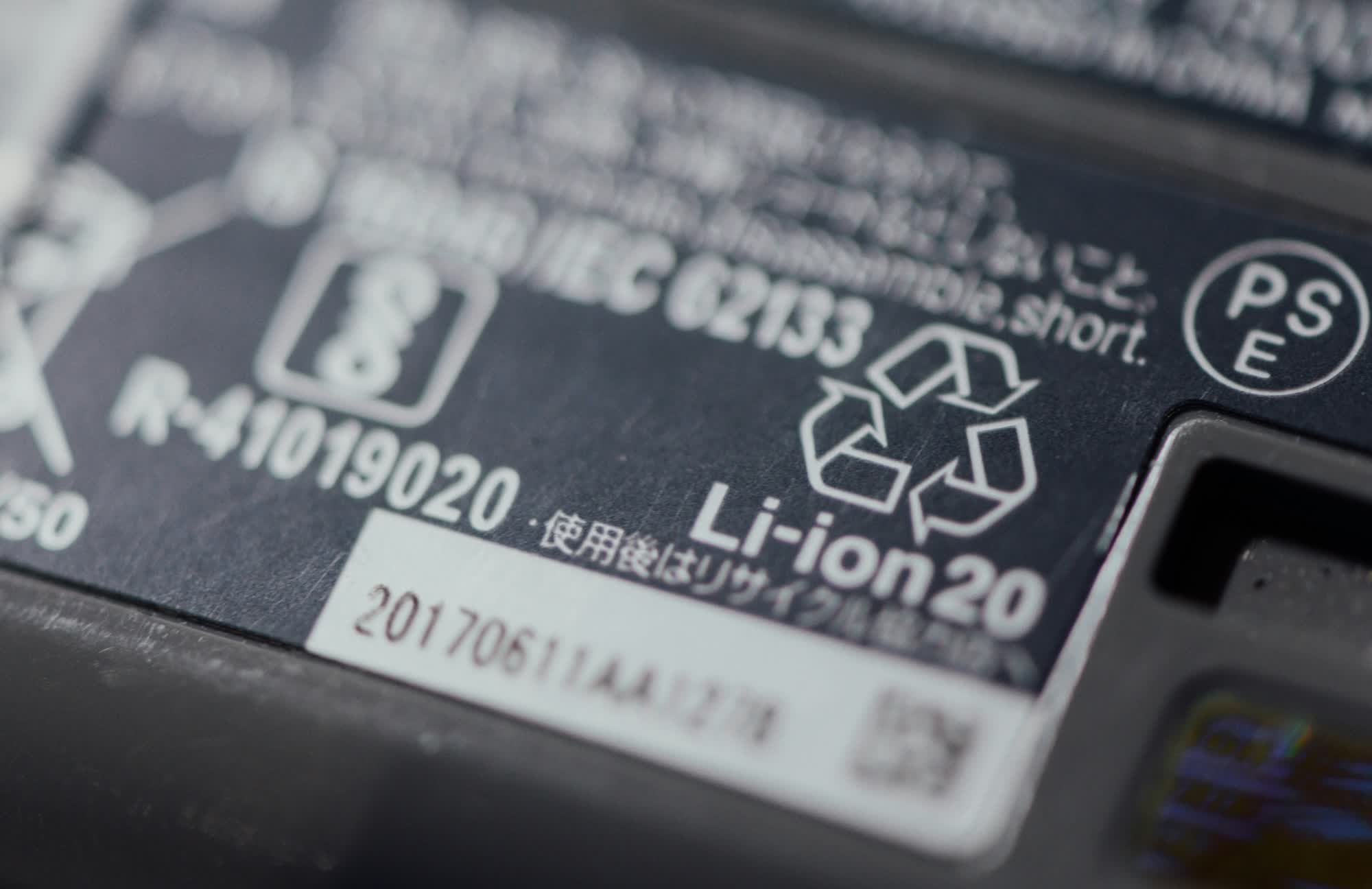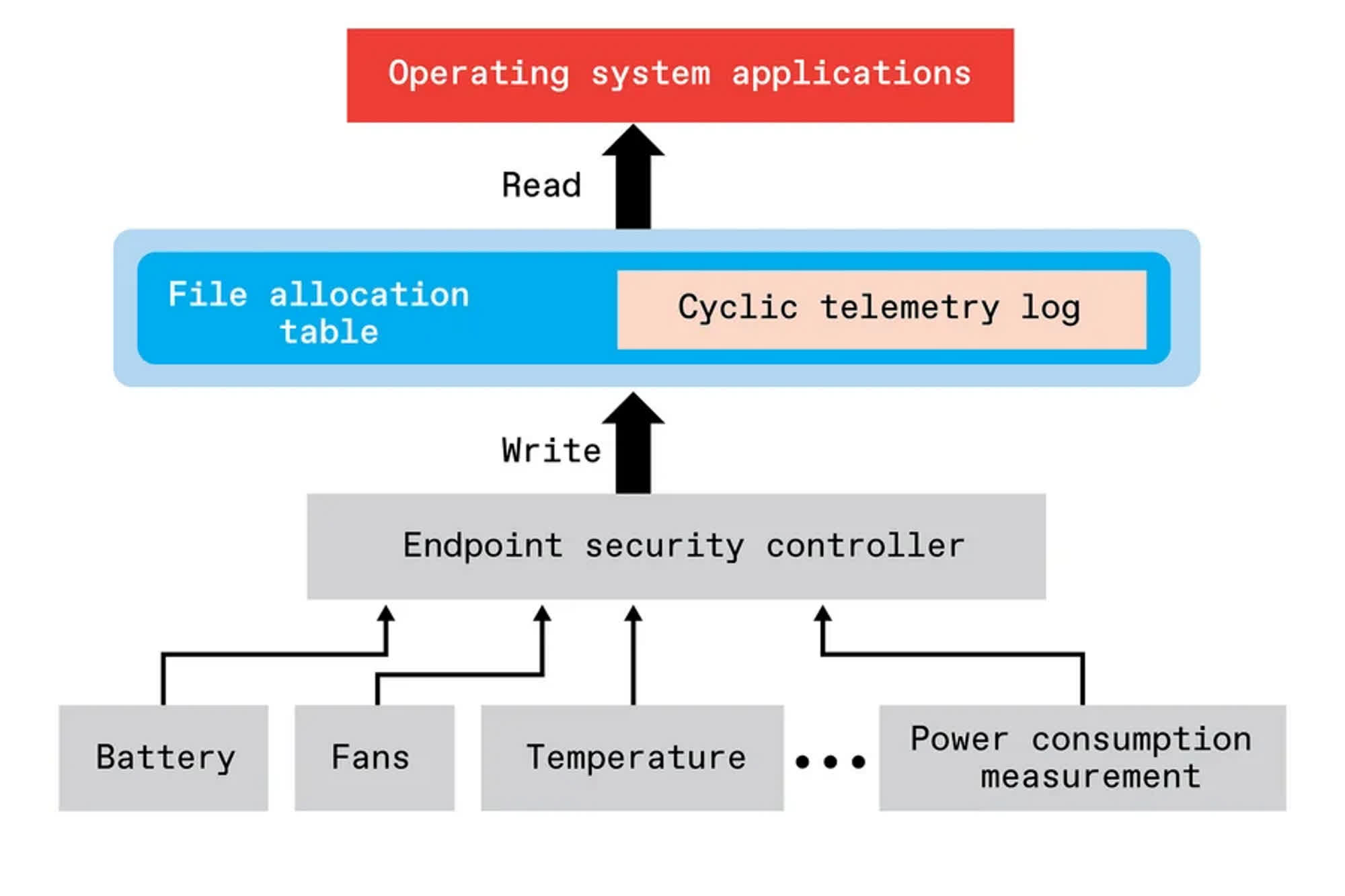Something to look forward to: HP is developing a novel method to extend the lifespan of older laptops and boost their productivity. The firmware-level protocol, dubbed "PCFax," will leverage hardware features and AI models to maintain a complete record of a device's usage and wear.

Just as CarFax provides trustworthy reports on the history of used cars, HP hopes to build a new hardware-focused business around its PCFax platform. The US-based PC manufacturer introduced the technology in a guest article for IEEE Spectrum, describing it as a potential solution to the growing global problem of electronic waste.
According to a UN report on global e-waste production, the world generates more than 60 million tonnes of additional e-waste each year. Much of this highly polluting material comes from computer devices that are prematurely discarded, HP representatives said – often due to the widespread practice among enterprise organizations of replacing PC fleets every three years.

Companies often assume that older computers are inefficient, but many of these devices still function well and can deliver solid performance with a bit of maintenance. Buying new laptops is usually the easier and more efficient option, however, because the diagnostic work required to properly assess and maintain aging hardware is often too costly or time-consuming.
The automotive industry has addressed a similar challenge with CarFax, a service that provides comprehensive reports on a car's history. Sellers and buyers alike can access detailed logs of a vehicle's maintenance and repairs, enabling more informed decisions when considering a sale or purchase.

By applying the CarFax model to its PC business, HP has developed a new protocol called PCFax. Modern laptops already include the necessary hardware sensors to track detailed usage data across system components. HP is leveraging an existing hardware element in its business-class PCs – the Endpoint Security Controller – to collect and secure this data.
The ESC operates at the firmware level, functions independently of the main CPU, and plays a key role in enforcing device security. HP is now repurposing the controller to read sensor data such as battery health, fan activity, and temperature metrics, and store it securely in an HP-certified SSD. While standard users cannot access this log, maintainers and authorized service personnel will have full access.
This secure telemetry log will serve as the foundation for the proposed PCFax report. It may also incorporate additional sources of aggregated data, including supply chain records, digital service platforms, and customer support interactions.
The company is also developing AI models to analyze historical telemetry data, which could help predict hardware failures before they occur.
PCFax is expected to become part of HP's business PC offerings in 2026. However, HP notes that telemetry frameworks still require significant standardization across ecosystems to make such solutions widely effective.
HP unveils PCFax, a CarFax-style tool to extend laptop life and reduce e-waste